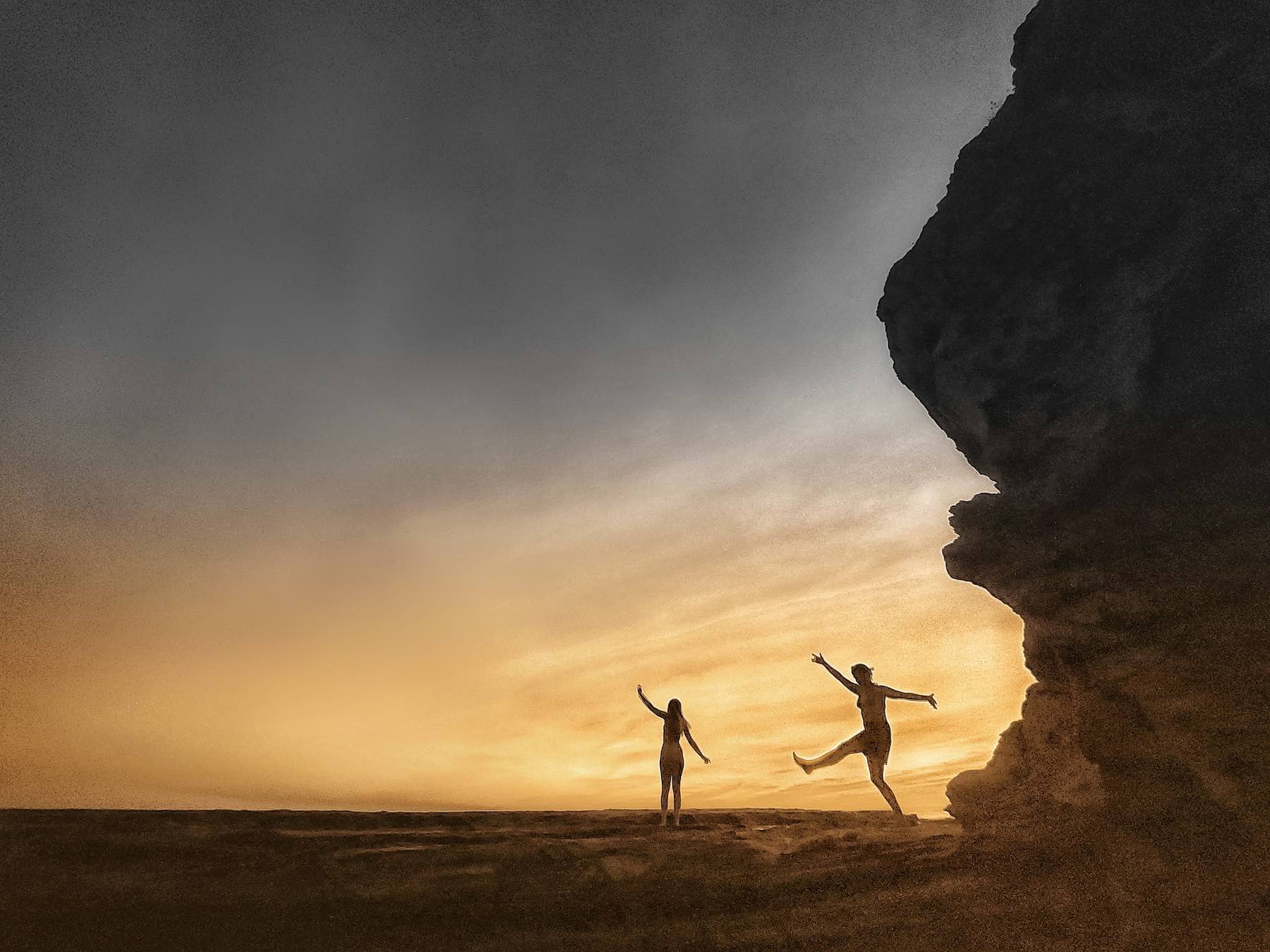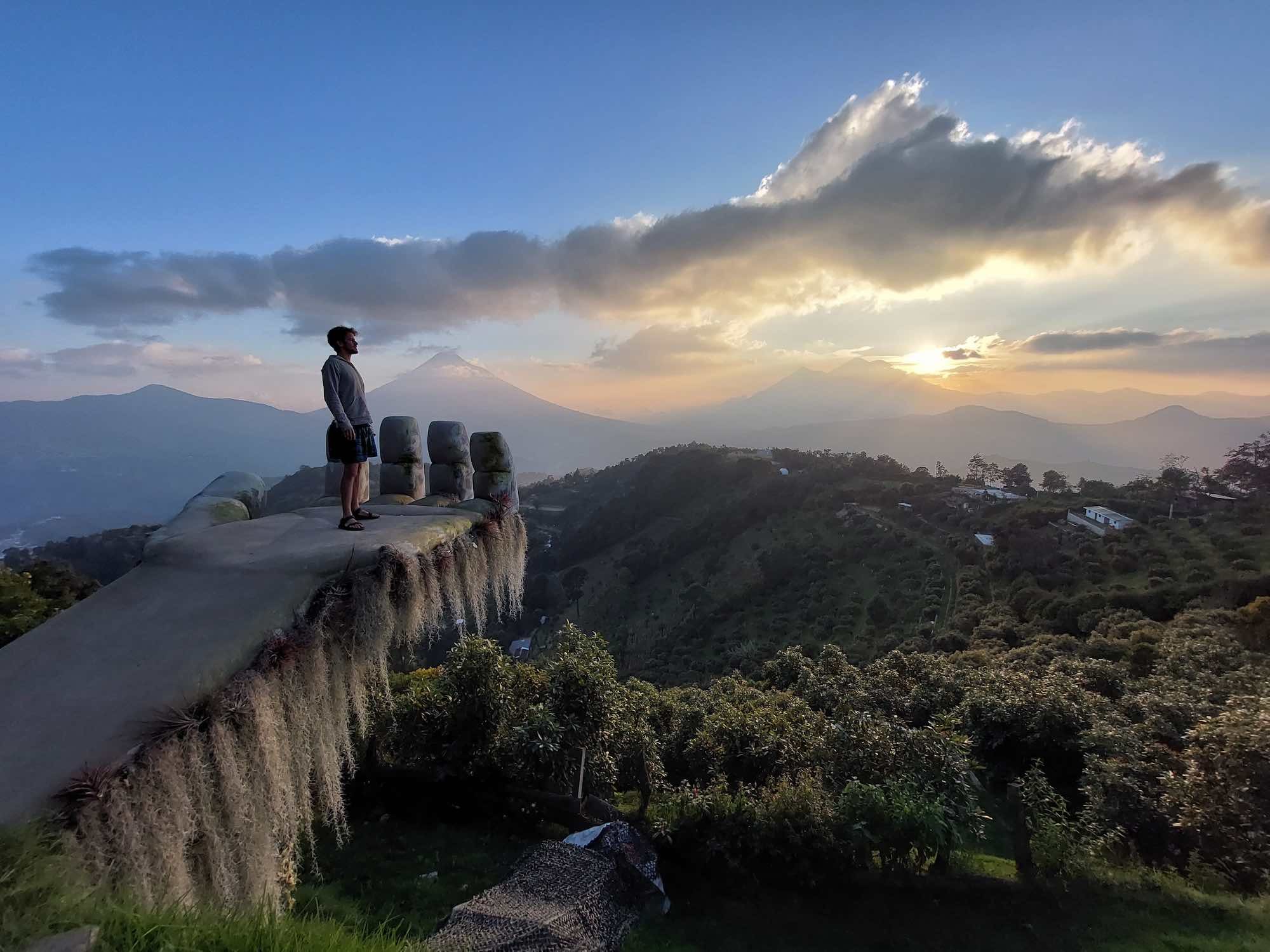The Power of Resilience: Overcoming Fear with Courage
The Power of Resilience: Overcoming Fear with Courage
What is Courage?
Courage is a quality that resonates with us all, guiding us through life's twists and turns with strength and perseverance. It's not just about grand gestures and epic journeys; it's about the everyday moments of bravery that shape our lives. Courage is about recognising that something more or different can be done, summoning the determination to act, and persisting despite obstacles.
As we delve into the topic of courage, we'll explore how resilience thinking plays a crucial role in our ability to face challenges, or the tough times, head-on and achieve personal and professional success. We will look at the different characteristics of a resilient mindset and together uncover critical insights into the depths of our own bravery along the way.
Understanding Resilience
Resilience is akin to an inherent strength we all possess – it's the capacity to rebound when life knocks us down. Think of it as our ability to adapt to tough times, brushing ourselves off, and persisting even amidst chaos. Looking at resilient individuals around us, it's clear that resilience thinking isn't just about being tough; it's about being flexible and adaptable, finding ways to navigate difficult times with a sense of optimism and determination.
When you develop a resilient mindset, it's like having a trusty life jacket that keeps you afloat when the waters get rough. In our journey towards creating a meaningful life, resilience serves as our faithful companion, guiding us through stormy seas and helping us emerge stronger on the other side.
Developing Courage
Just as we strengthen our muscles by working on our physical resilience, we can develop our emotional resilience and mental resilience in a similar way. We can work at developing an adaptive resilience that helps us understand how to act in a given situation.
It's about stepping out of our comfort zones, taking risks, facing the tough times and embracing new challenges, even when they scare us a little. While trying to push our boundaries, we should remind ourselves that developing courage isn't about becoming fearless; it's about learning to face our fears head-on, work with them and push past them.
Sometimes it means setting small, achievable goals and celebrating our victories along the way. And other times, it's about reaching out for support from friends and loved ones when we need a little extra encouragement. With practice and perseverance, we can cultivate a resilient mindset and unlock our full potential to tackle whatever life throws our way.
The Story of Wangari Maathai
Wangari Maathai's narrative is a testament to the transformative power of amazing resilience and courage. Born in 1940 in the rural village of Ihithe, in the Nyeri District of Kenya, Maathai's early life was imbued with the spirit of adaptive resilience and determination. Growing up in a traditional Kikuyu home, she learned the value of hard work and perseverance from her parents, who instilled in her a deep respect for the land and its resources.
Despite facing numerous challenges, including poverty and gender discrimination, Maathai excelled in her studies. She earned a scholarship to continue her education and pursued degrees in Biology, ultimately earning both a Bachelor's and a Master's degree.
Returning to Kenya in the late 1960s, Maathai became increasingly involved in environmental activism, advocating for sustainable development and conservation efforts. In 1977, she founded the Green Belt Movement, a grassroots organisation aimed at empowering women and communities to combat deforestation and environmental degradation through tree planting and conservation projects.
Maathai's activism and advocacy were not without consequences. She faced opposition and persecution from the Kenyan government, which viewed her environmental activism as a threat to its authority. Despite facing harassment, arrest, and even imprisonment, Maathai held a resilient mindset and remained steadfast in her commitment to environmental conservation and social justice.
In 2004, Maathai was awarded the Nobel Peace Prize in recognition of her outstanding contribution to sustainable development, democracy, and peace. She became the first African woman and the first environmentalist to receive this prestigious award, cementing her legacy as a global icon of courage and resilience.
What Can We Learn From Maathai?
Maathai's life story offers critical insights into the virtues of courage and having a resilient mindset. Her journey underscores the significance of inner strength and fortitude in the pursuit of our aspirations. While encountering numerous hurdles, including persecution and imprisonment, Maathai remained resolute in her commitment to fight for justice and protect the environment.
Through her courageous actions and unwavering resolve, Maathai inspires us to confront our fears, embrace challenges, and stand up for what we believe in, even in the face of tough times and opposition. Her amazing resilience teaches us that we can overcome anything with perseverance and a positive attitude. Furthermore, Maathai's humility and dedication to serving others highlight the importance of compassion and empathy in effecting positive change and creating opportunities for growth.
Overcoming Fear
Picture fear as that nagging voice in the back of your mind, always ready to spoil your plans. It's like a sneaky saboteur, lurking in the shadows, just waiting to trip us up when we least expect it. When it sees an opportunity, fear likes to swoop in and steal the show, filling our heads with doubts and worries. It's that pesky little voice that tells us we're not good enough, smart enough, or strong enough to face the challenges ahead. But here's the thing – fear only has as much power as we give it.
So how do we reclaim our power when fear arises? By being mindful and present when this uninvited guest steps in. Mindfulness is a potent practice that works against fear – it helps us tune into the present moment and quiet those anxious thoughts swirling around in our heads. By taking a deep breath and focusing on what's happening right now, we can silence the noise of fear and tap into our inner strength. We can focus on our body sensations, our thoughts, our emotions, and learn to be the observers of our reality. Mindfulness is key to developing a resilient mindset.
We can practice mindfulness anywhere - we don't have to do a formal sit-down meditation. Being aware of our actions can be done even while doing mundane things, such as eating, driving, showering and walking. The more awareness we bring to our actions, the less we allow fear to creep in, as we develop our focus and concentration in the present moment. Slowly but surely, we can gain more confidence in dealing with disturbing emotions using mindfulness, and the more mindful we are the more fearless we become.
And if life gets too overwhelming, we can always reach out to our tribe of loved ones for a little backup. Whether it's a pep talk from a family member or a shoulder to lean on from a trusted friend, having a support system can make all the difference in facing our fears head-on. Also, we can consult with a wise guide, mentor or spiritual teacher who can provide us with extra wisdom and practical exercises for personal growth.
Conclusion
In our exploration of courage and resilience, we've uncovered the heart of bravery that beats within us all. It's not just about the big acts of courage but also about the small everyday moments where we find our strength. A resilient mindset helps us bounce back when we face challenges, guiding us through tough times with hope and determination. Wangari Maathai's incredible journey showed us the power of resilience thinking and courage in action, inspiring us to look at our fears in the eyes and make a positive impact in the world. In the crucible of adversity, we discover the true measure of our strength, the depths of our courage.
As we journey through life's ups and downs, we can take inspiration from resilient individuals who've shown us what courage and fearlessness look like. We can embrace difficult times with open arms and a can-do attitude, knowing that each obstacle is an opportunity to grow stronger and more mindful. By recognising the critical insights and benefits of resilience, courage, and fearlessness, we tap into our inner strength and pave the way for a peaceful, fulfilling life. It is within our reach - it's never too late to embark on this adventure of self-discovery, knowing that we have what it takes to overcome any obstacle that comes our way.
Foundation for Developing Compassion and Wisdom (FDCW)
At FDCW we are committed to a more compassionate, wiser world. We provide resources, courses and training to develop qualities such as kindness, patience and honesty - qualities which are essential for meeting the challenges of the world we all share.
The Foundation for Developing Compassion and Wisdom (FDCW) was established as a global charity based in London in 2005. Since then we have provided secular training, programmes and resources across many sectors of society – schools, universities, hospices, workplaces, healthcare, youth groups and community centres. Our courses have reached thousands of people across the world through our dedicated and growing network of facilitators in more than 20 countries.
Support our Work
As a non-profit organization, FDCW relies on donations like yours to continue producing valuable resources and hosting events. You can support us by sharing our newsletter, following us on social media, and making a donation. Every contribution, big or small, helps us in our efforts and we truly appreciate it.





